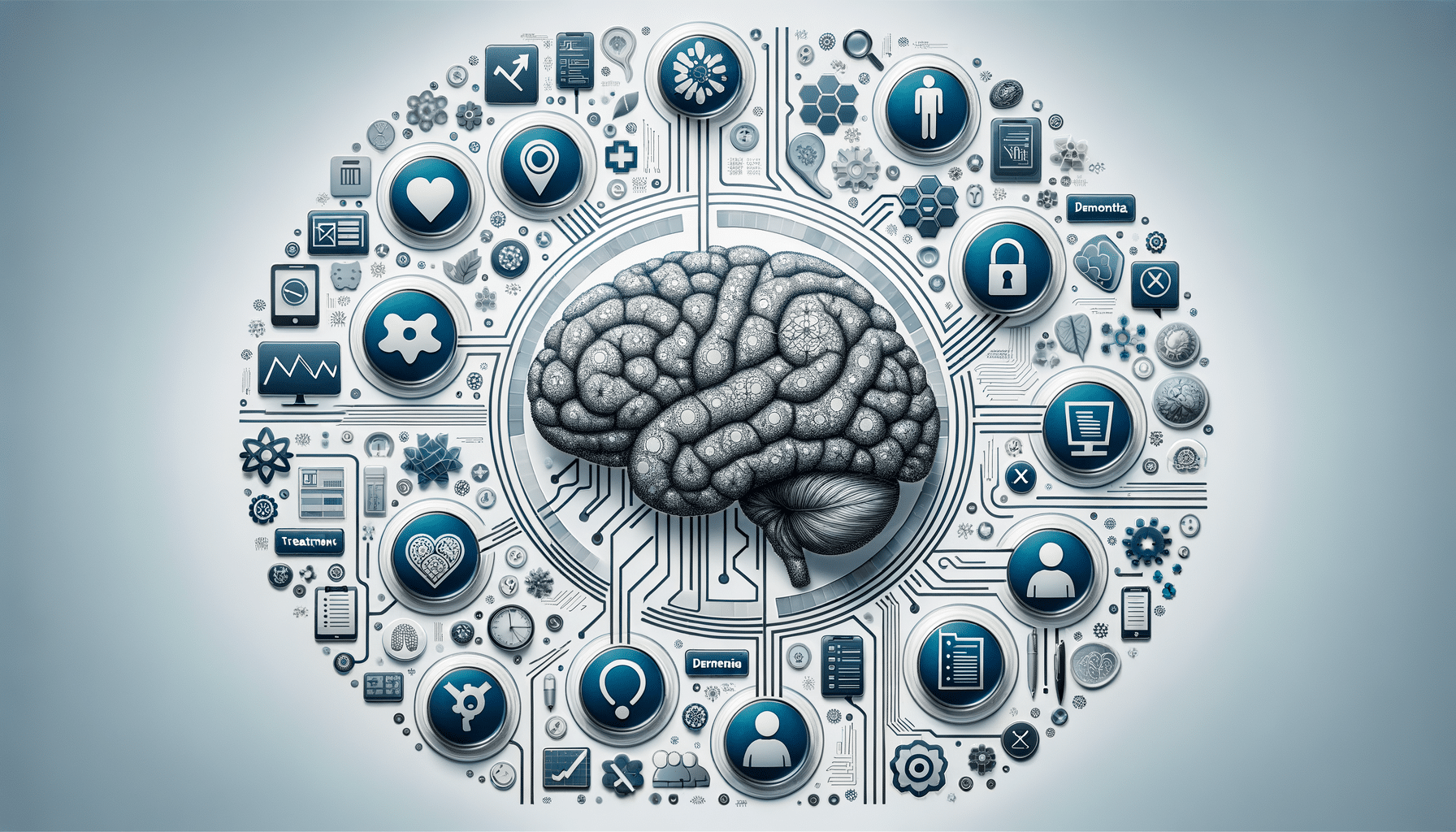
Dementia: Signs, Treatment Paths, and What to Know About Alzheimer Tests
Introduction to Dementia and Alzheimer’s Tests
Dementia is a condition that affects millions of people worldwide, with Alzheimer’s disease being the most common form. Understanding the early signs and symptoms can be crucial for timely intervention and care. This article delves into the significance of Alzheimer tests, including the “alzheimer test 12 questions online,” and explores various aspects of dementia testing and management. Early detection can lead to better management of the condition, allowing individuals and families to make informed decisions about care and treatment.
The Role of Alzheimer Test 12 Questions Online
Online tests such as the “alzheimer test 12 questions online” serve as preliminary tools for assessing cognitive health. These tests typically include questions designed to evaluate memory, problem-solving skills, and other cognitive functions. While not diagnostic, they can indicate whether further professional evaluation is needed. The convenience of online tests allows individuals to assess their cognitive health from the comfort of their homes, providing a first step towards understanding potential issues.
These tests often cover various topics, including:
- Memory recall tasks
- Understanding and following instructions
- Basic problem-solving questions
- Recognition of familiar objects and people
It’s important to note that while these tests can be helpful, they should not replace professional medical advice. If a test suggests potential concerns, consulting with a healthcare provider for comprehensive evaluation is essential.
Understanding Dementia Tests
Dementia tests are designed to assess cognitive function and identify potential impairments. These tests are typically administered by healthcare professionals and can include a variety of assessments, from cognitive tests to brain imaging. The goal is to understand the extent of cognitive decline and differentiate between different types of dementia.
Commonly used dementia tests include:
- Cognitive tests, such as the Mini-Mental State Examination (MMSE)
- Neuropsychological testing
- Brain imaging techniques like MRI and CT scans
- Blood tests to rule out other conditions
Each of these tests provides valuable information that can help in forming a diagnosis and developing a treatment plan. It’s important for individuals experiencing symptoms to seek a comprehensive evaluation to ensure accurate diagnosis and appropriate care.
Memory Loss Tests: What to Expect
Memory loss tests are often part of a broader cognitive assessment. They are designed to evaluate an individual’s ability to recall information, recognize familiar objects, and perform everyday tasks. These tests can help determine whether memory loss is part of normal aging or indicative of a more serious condition like dementia.
During a memory loss test, individuals may be asked to:
- Recall lists of words or numbers
- Identify common objects
- Describe past events or personal history
- Complete simple tasks that require memory retention
The results of these tests can guide healthcare providers in determining the next steps, whether it involves further testing or beginning a treatment plan. Early detection of memory issues can significantly impact the management of potential conditions.
Conclusion: Navigating Dementia and Alzheimer’s Care
Understanding and identifying the early signs of dementia and Alzheimer’s disease is crucial for effective management and care. Tests like the “alzheimer test 12 questions online” provide a starting point for individuals concerned about cognitive health. However, professional evaluation and diagnosis are essential for accurate understanding and treatment.
As families and caregivers navigate the complexities of dementia care, staying informed and seeking support from healthcare professionals can make a significant difference. By recognizing the importance of early detection and intervention, individuals can take proactive steps towards managing their cognitive health and ensuring a better quality of life.


